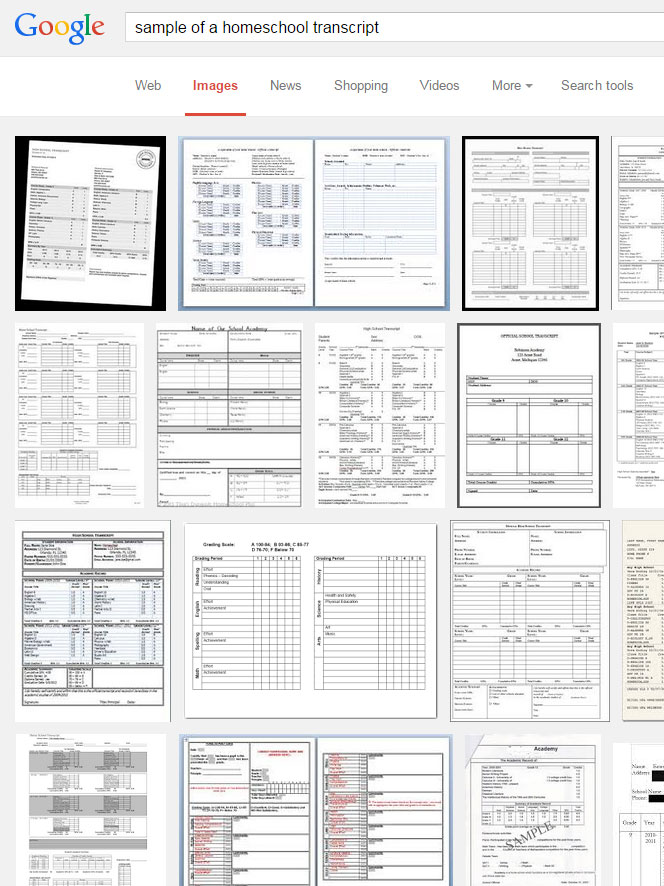2013 Florida Dual Enrollment Update by HEF
2013 Florida Dual Enrollment FAQ
by Home Education Foundation www.FLHEF.org
Dual enrollment has been a very important issue for home education students since 1996 when the Home Education Foundation’s 3-year effort to include home education students in the program was finally passed.
HEF was very involved in legislation that passed during the 2012 and 2013 Legislative sessions in an effort to protect the rights of home educated and private school students to participate in the dual enrollment program. We were assured that the legislation would not affect non-public school students, but it has. Last year state colleges limited the number of classes all students were allowed to take. This year, although the Legislature removed the language that gave the State Colleges the authority to limit classes based on capacity, some colleges are still limiting courses.
Implementing Legislation is a multi-phase process
After a bill passes, the Governor has to decide whether he will sign a bill into law or not. If he does, then the new law goes to the Department which is responsible for overseeing the law. After each Session, the Department of Education either passes an Administrative Rule, which is just as binding as a statute, or issues a Memorandum and a Frequently Asked Question document to interpret the new law.
 The HEF Legislative Update was sent out after the education bills that would affect our students were signed by the Governor. However, HEF has been in communication with the Division of State Colleges to express our concerns and seek clarification on the new laws. HEF was not allowed to review the draft document on dual enrollment until the DOE Memorandum ( http://www.flhef.org/pdf/
The HEF Legislative Update was sent out after the education bills that would affect our students were signed by the Governor. However, HEF has been in communication with the Division of State Colleges to express our concerns and seek clarification on the new laws. HEF was not allowed to review the draft document on dual enrollment until the DOE Memorandum ( http://www.flhef.org/pdf/
The next phase of the process is a review of the Laws, Rules and Memorandums by each state college in order to update their individual dual enrollment policies. HEF is working with home education parents, the DOE and legislative staff to try to gain clarity on the legislative intent of the new laws.
We are also trying to review the new state college policies to see if they comply with the intent of the laws.
HEF has posted the DOE Memorandum ( http://www.flhef.org/pdf/
Books
Home education students are responsible for providing their own dual enrollment textbooks since neither the state college nor the school district receives state funding for instructional materials (books) for home educated or private school students. The district receives state funding only for students enrolled in the public school. In order for home educated students to have the freedom to create their own separate articulation agreement, rather than be under the district articulation agreement, HEF opted for home education students to provide their own books. This trade-off gave home education students more freedom to participate in dual enrollment than public school students were given. Some school districts have allowed home education students to enroll in the public school on a part-time basis for the purpose of taking dual enrollment courses and counting the student for funding. Under this arrangement, the district provides dual enrollment textbooks for home educated students. This option may still be available for some home educated students, depending on the particular school district policy. Since the state now requires the district to pay tuition to the college for any public school dual enrollment student, districts may not be as willing to continue this practice. In the future school districts may be offering more dual enrollment classes on the public school campus in order to keep their funds “in house.”
Some of these issues are still being reviewed by the state colleges and school districts. HEF is willing to receive any feedback concerning problems that you have encountered with dual enrollment so that we can look at issues that may need to be addressed in the 2014 Legislative Session.
Discounted Books
Many home education parents have found college textbooks through sources other than the college bookstores. Google the ISPN of the book and often the book can be found at a discount from Amazon, Alibris, Chegg or Barnes and Nobles. Some companies, like Chegg, rent books. Occasionally, books can be found online in pdf form. These resources can often save quite a bit on the cost of college textbooks.
P.S. If you have a story to share about how HEF has helped you, how your family has benefited from home education, or a question you would like to ask Brenda, please e-mail it here ( http://www.flhef.org/contact-
New Dual Enrollment Document Links
6/24/13 DOE Dual Enrollment FAQ ( http://www.fldoe.org/
Dual Enrollment FAC ( http://www.flhef.org/dual-
Dual Enrollment DOE Memo 6-25-13 ( http://www.flhef.org/pdf/


The Florida dual enrollment laws have changed 2013 Florida Dual Enrollment Update by HEF. http://t.co/FZHAg4d7oY